Master Your CRM: The Ultimate Salesforce Health Plan for 2025
Salesforce Health Cloud has become an effective healthcare CRM platform, seamlessly integrating patient data while enhancing care team collaboration,...
4 min read
 Jimmy Pomella
:
Sep 19, 2024 2:04:29 PM
Jimmy Pomella
:
Sep 19, 2024 2:04:29 PM
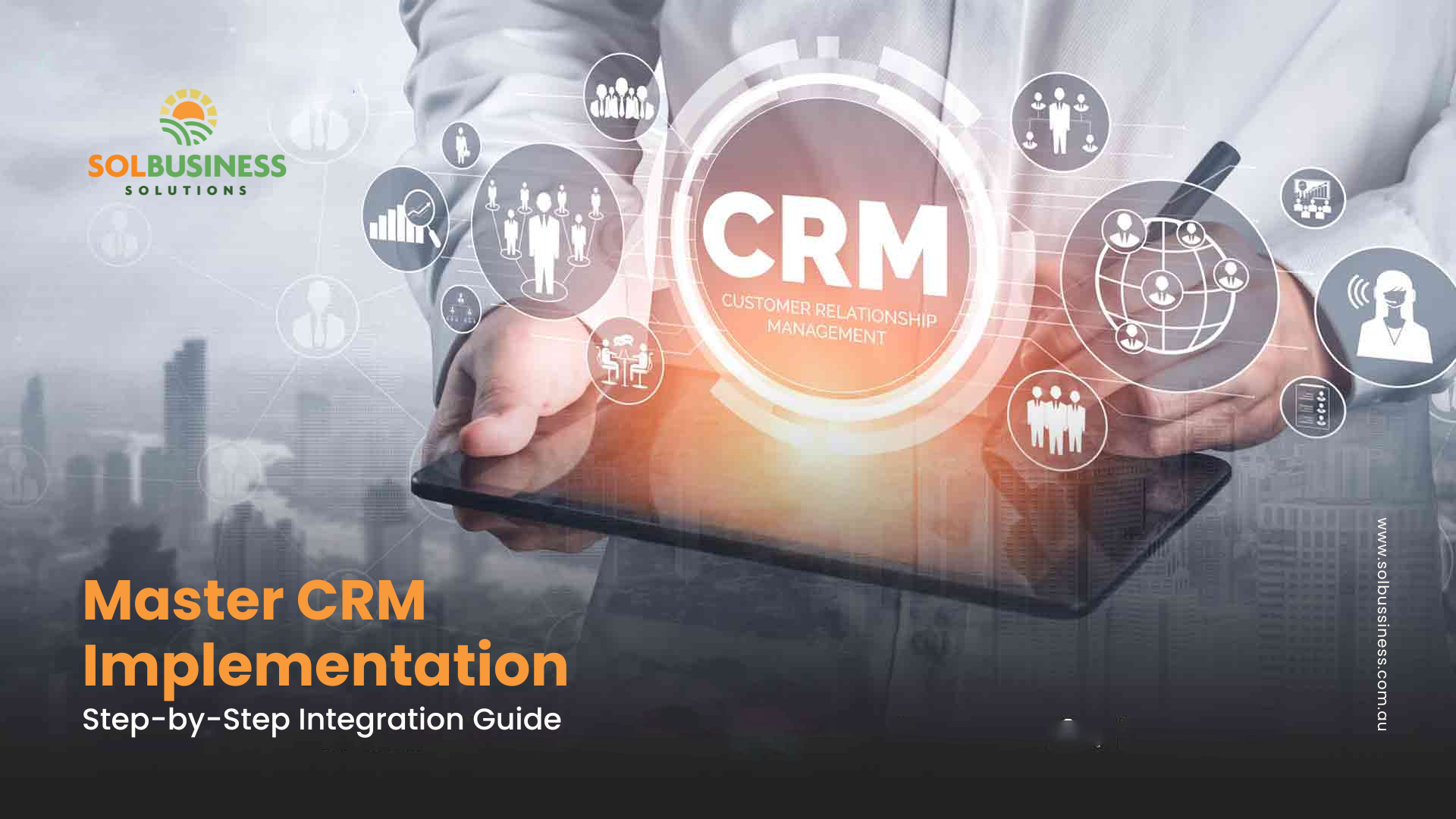
Many corporations are forced to adopt the do-it-yourself (DIY) or later. If you have little resources and a ton of work to perform, managing everything yourself can be the best course of action to keep your company operating. However, when you see an increase, having the right CRM software is vital for businesses to streamline operations, enhance customer experiences, and drive growth. Whether you are a small startup or a properly mounted business, mastering CRM implementation is key to unlocking its full potential.
This guide offers an in-depth overview of the CRM implementation technique, assisting organizations in integrating CRM systems successfully and maximizing their advantages.
CRM implementation refers to planning, installing, and configuring CRM software in a company. This implementation aligns the CRM software with a business’s needs and customer-centric techniques. Proper CRM implementation allows managing customer records, tracking interactions, streamlining workflows, and improving universal performance.
The CRM implementation success largely depends on how well a business plans, executes, and integrates the system. CRM can enhance consumer engagement, improve decision-making, and increase profitability with the right technique.
CRM implementation goes beyond just implementing a software solution. The goal is establishing an integrated setting where client data is easily accessible and properly stored for specific groups like customer service, sales, and marketing. When integration is done right, it increases customer satisfaction and loyalty by fostering higher collaboration and providing actionable insights.
Some key benefits of CRM implementation consist of:
Define Business Objectives and Requirements
Before beginning the CRM implementation process, it is critical to define clear business objectives. What do you intend to obtain with the CRM? Are you trying to improve customer retention, grow sales, or streamline internal approaches? Defining dreams facilitates deciding on the proper CRM solution tailored to your needs.
Once the goals are set, identify the system's core necessities. What capabilities do you want? Do you require equipment for electronic mail marketing, lead monitoring, customer service automation, or income pipeline control? These questions will help narrow down your CRM alternatives.
Choose the Right CRM Platform
Selecting the proper CRM platform is vital. Various CRM systems are available in the marketplace, each supplying different capabilities and competencies. When deciding on a CRM, keep the following in mind:
Popular CRM systems encompass Salesforce, HubSpot, Zoho CRM, and more. If you want help to get a better understanding of CRM platforms, SOL Business Solutions provides you with insights into the benefits of CRM software to ensure clear implementation and maximum efficiency.
Assemble the Right Implementation Team
A successful CRM implementation requires a dedicated group of technical professionals and end-users. This team manages the undertaking, ensures proper integration, and drives personal adoption.
Key roles to consider consist of:
For easy deployment, cease-customers must be involved early in the process. Employees include the device far more frequently when they know the expense and experience concerns associated with the CRM during the selection process.
Data Migration and Integration
Data migration is one of the most challenging factors of CRM implementation. Records from outdated systems (made up of spreadsheets or outdated software) are transferred into the new CRM. Maintaining data accuracy is essential to avoid issues later on, so businesses have to:
Once the data is migrated, ensure the CRM integration seamlessly with other business systems, such as electronic mail advertising and marketing tools, accounting software programs, or organizational resource management (ERP) structures. The integration allows for a single device where consumer data can move freely between departments.
Customize and Configure the CRM
Once the CRM software has been set up, it is time to customize it based on your business practices. Tailoring the CRM guarantees that it mirrors your business's activities and fulfills your specific requirements.
Consider the following customizations:
Training your staff on how to use the CRM is similarly crucial at this level. Proper training ensures users understand how to navigate the system, input facts correctly, and use functions efficiently. You can teach your staff better by employing the best CRM consulting services.
Test the System
Testing is critical for CRM implementation. A small group of customers should inspect the system to identify any bugs or problems. This makes it easier to verify that the system operates as expected and that any necessary adjustments can be made.
During testing, compare the CRM's usability, accuracy, and integration abilities. Based on feedback from the check group, fine-tune the CRM for superior Performance.
Go Live and Monitor Performance
After the CRM system has been tested and adjusted, it's time to go live. Introduce the device with the right staff training and assistance to guarantee an effortless adjustment. As users engage with the CRM, highlight overall performance and address any problems that may arise.
Adjust key performance indicators (KPIs) to assess the system's efficacy. Are sales cycles getting shorter? Are customer interactions being recorded correctly? Use this data to evaluate the CRM's effects and make any necessary modifications.
CRM implementation continues after the unit is put online. The device's efficacy depends on constant adjusting, frequent updates, and support. Organize regular training sessions a CRM implementation partner provides to inform users of any updates or new features.
Furthermore, evaluate your CRM strategies regularly to identify areas for development. Do workflows still correspond with your business objectives? Do users desire more direction in areas where they excel? By improving the system, you can ensure that it continues to impose the fee on your business.
We hope that following this guide and hiring SOL Business Solution will help you master CRM implementation, which can revolutionize the way businesses control customer relationships.
In conclusion, businesses can correctly integrate CRM systems and unlock their full capacity by choosing the proper CRM platform and a structured implementation technique—defining goals, training the proper team, and focusing on customization and consumer adoption. Whether you aim to enhance purchaser reviews, streamline methods, or power boom, CRM implementation is a game-changer for current businesses.

Salesforce Health Cloud has become an effective healthcare CRM platform, seamlessly integrating patient data while enhancing care team collaboration,...
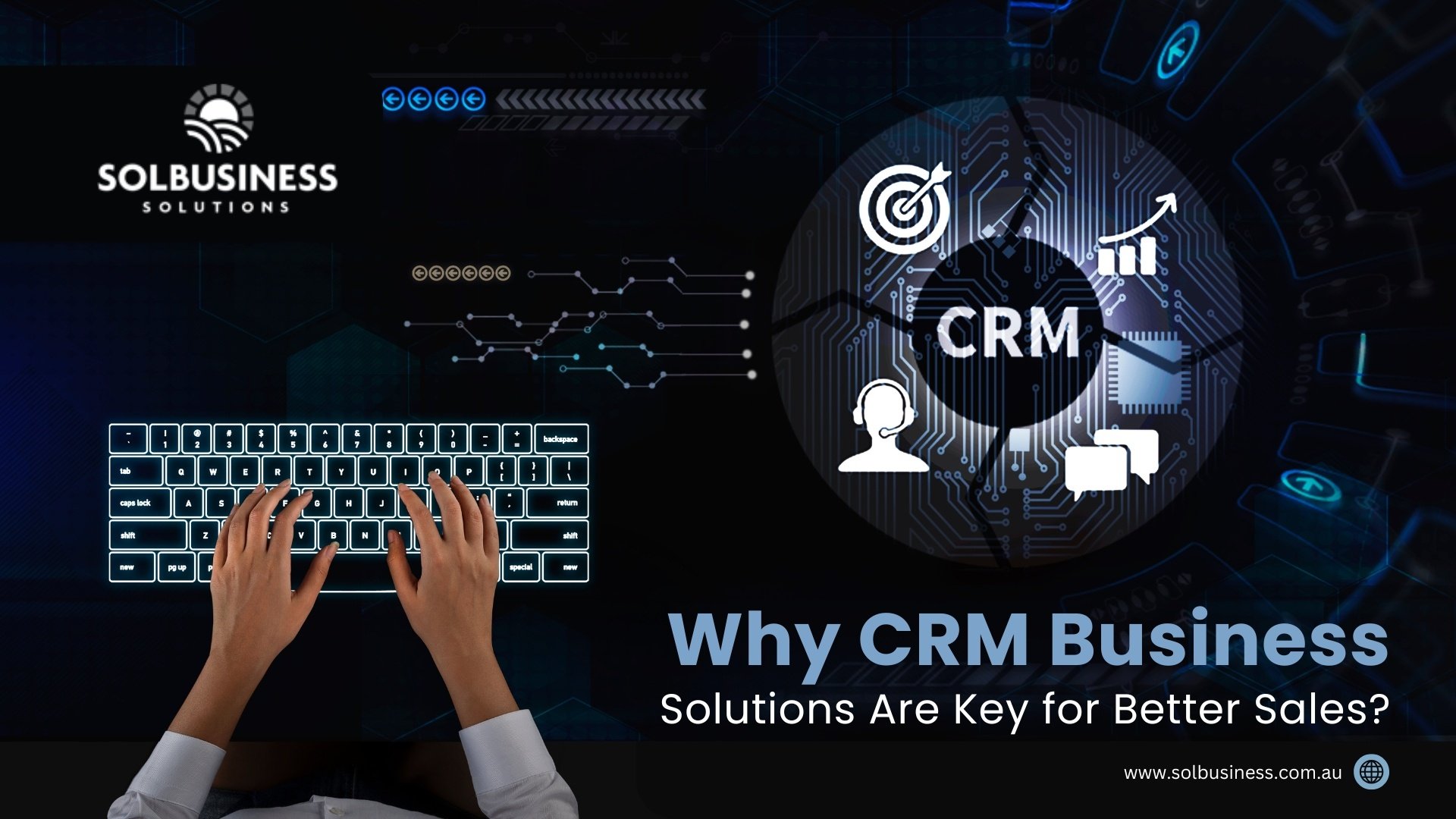
Imagine a world in which every interaction with your clients is smooth, your sales team is always aware of the next excellent step, and your...

HubSpot integrations can supercharge your marketing, sales, and customer service efforts by connecting your tools and creating seamless workflows....
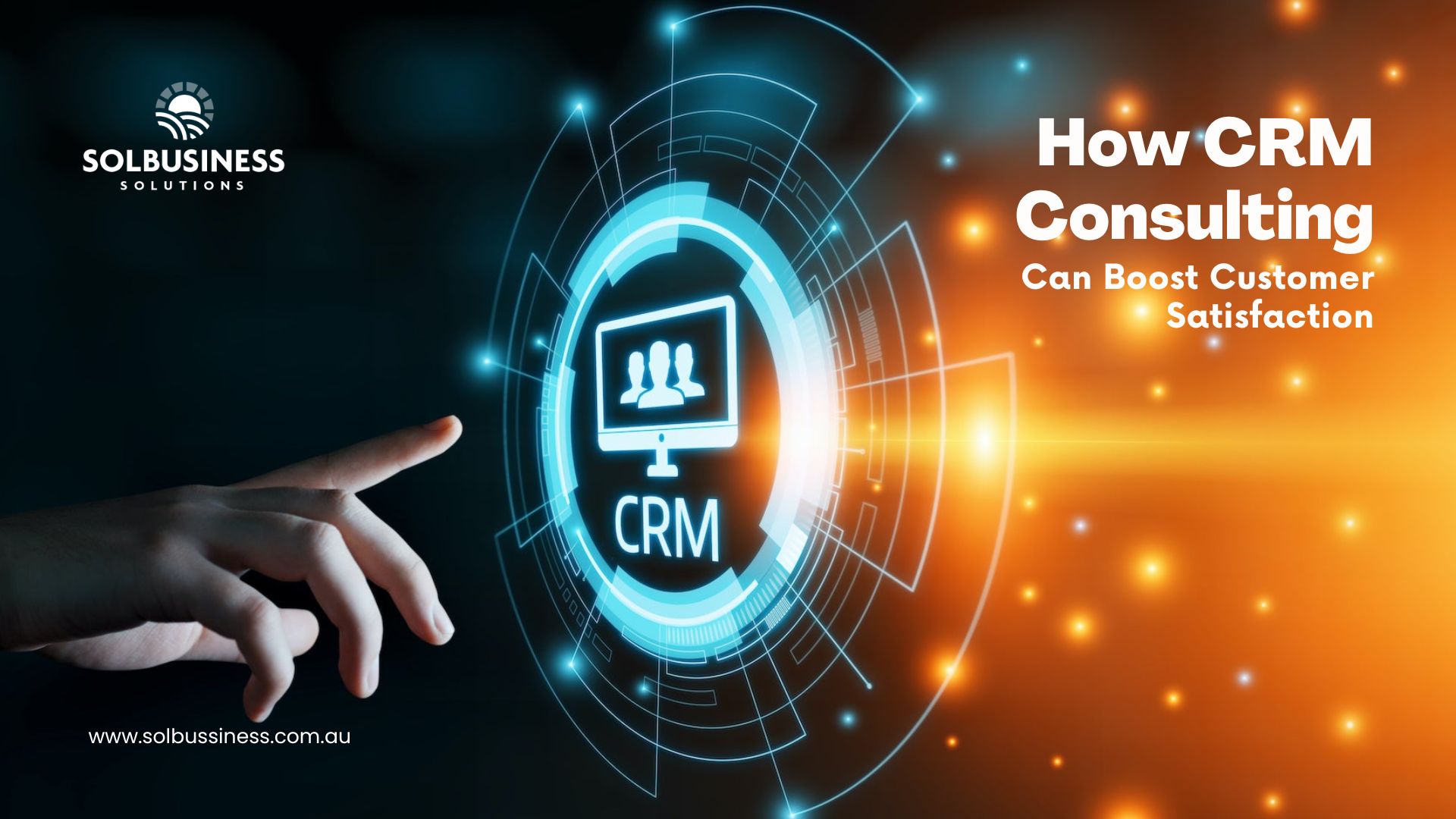
5 min read
In today's highly competitive market, businesses must deliver stellar customer experiences to stand out. One of the most effective ways to ensure...
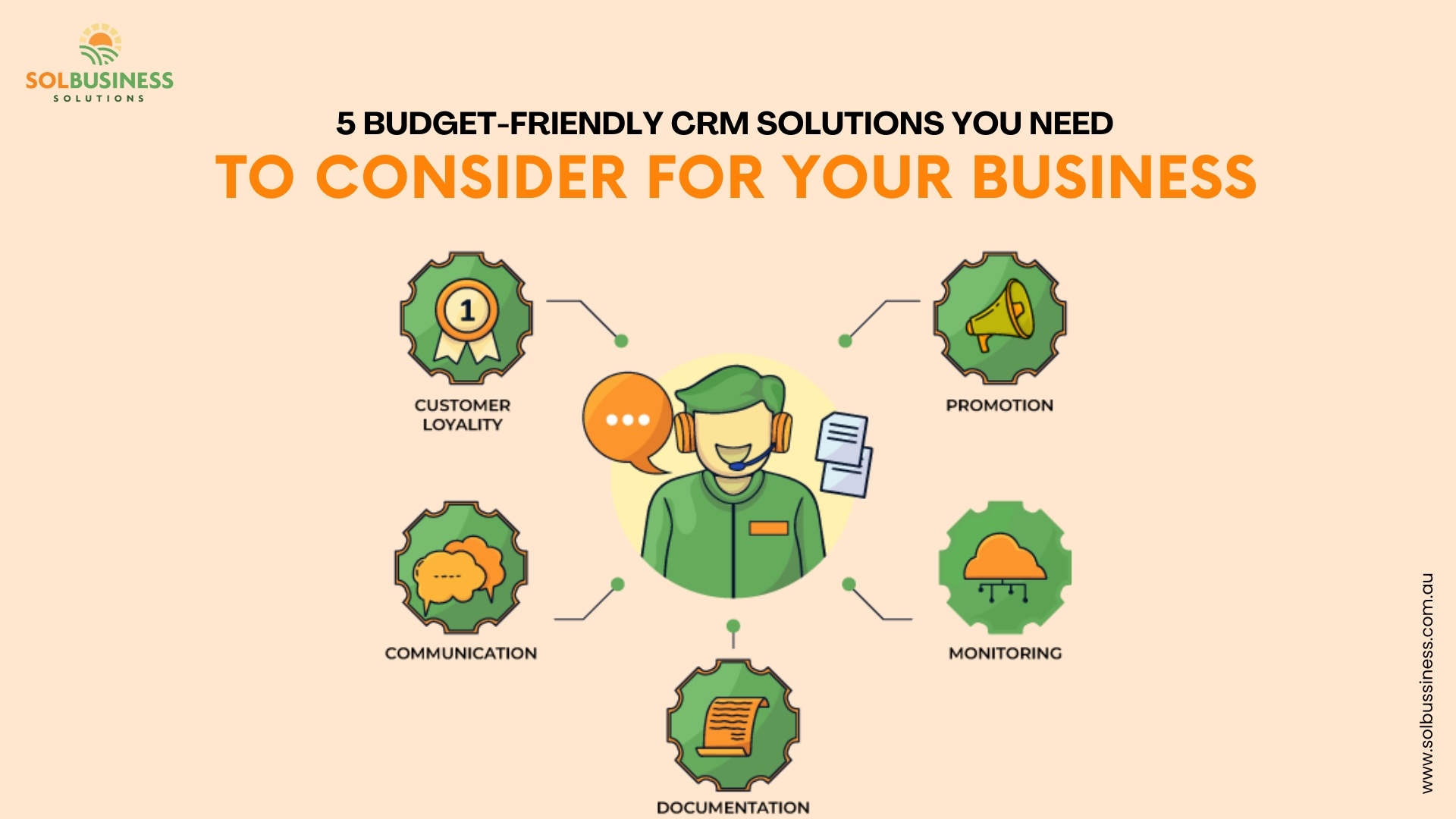
6 min read
We live in an era where lacking structure may derail even the best-laid company initiatives. Client connections, customer engagement, and business...
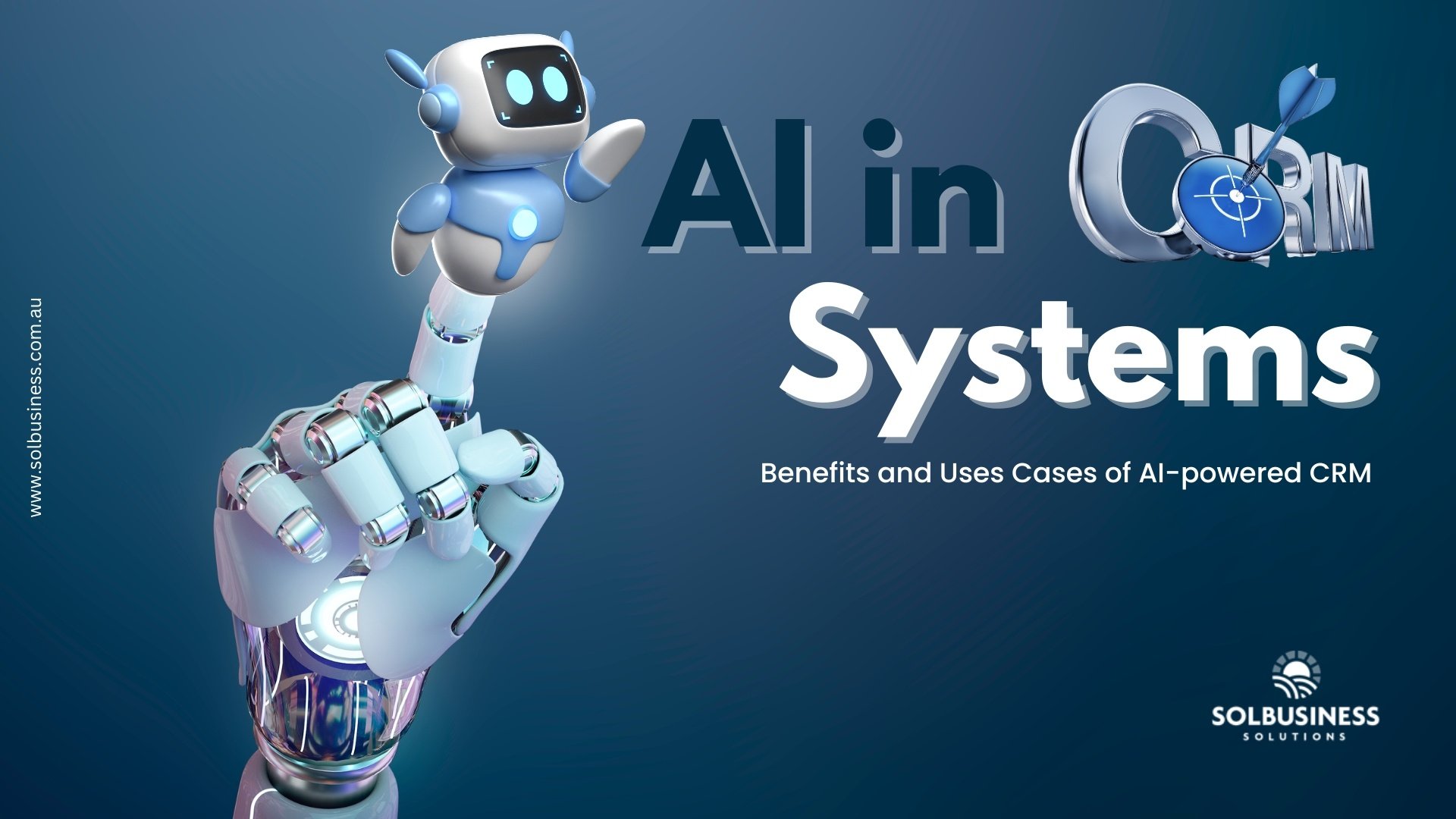
6 min read
Ever wonder how a company can track thousands of customer interactions and deliver an experience according to personal preferences? The simple answer...